Investigative: The Felary A320 - A Symptom of a Larger Problem
February 5, 2023
Inquiry
History
Piracy has been a persistent issue for the gaming industry, and the flight simulator community is no exception. In the early days of gaming, piracy was largely limited to software copied from floppy disks and shared among friends. As the internet became more widely available in the late 1990s and early 2000s, piracy became easier and more widespread, with entire games being made available for download on file-sharing networks.
In the flight simulator community, piracy has been a particular problem due to the small size of the developer community and the high cost of producing flight simulator software. As a result, many in the flight sim community have turned to piracy to access the software they want to use. This has resulted in a significant loss of revenue for the companies and individuals that produce flight simulator software and has also led to the development of software protection measures, such as product activation and active DRM, to try to reduce piracy.
Despite these efforts, piracy remains a significant problem, particularly in regard to scenery products that are mostly left unsecured. This has resulted in the widespread availability of these products on various websites, including instances of even the Microsoft Flight Simulator Store being compromised.

The common privateer (user of pirated software)
To the users who engage in piracy, it may seem harmless, but it can have far-reaching consequences for the developers and publishers of the software. In our hobby, we could argue that there are three main types of users of pirated software:
The demo users
Users that use it as a “demo” and then buy software if they continue to use it. This is more common than one would think. They often argue that this type of pirating does not harm anyone other than the developers that produce low-quality products. But regardless of one's stance on these pirates, they are in the vast minority. Most often, these demo users eventually move on to purchase the full version once they have had a chance to test it out. This type of pirating could be seen as a positive for developers as it acts as a form of promotion for their products. However, it still goes against copyright laws and can potentially harm the financial stability of the developers if not enough users end up purchasing the full version. Nevertheless, these types of pirates only make up a small portion of the overall piracy problem.
The ones that don’t care
They can afford the software and have different approaches to piracy. These pirates don’t care about the fact that they are pirating. Either because they dislike the implemented DRM (Software Protection) or because they believe that software should be freely available to everyone. These pirates may not see the harm in their actions and may not understand or care about the impact that piracy can have on the industry and the developers. They may also believe that the software companies are making enough money and that they do not need their support.
The ones that can’t afford the software
One common argument for piracy is that software prices are too high, so it is justified to download and use pirated copies. This argument is often raised in countries with lower incomes, where the cost of software can be prohibitively high. In these cases, the discussion around piracy takes on a socioeconomic dimension, as many people feel they are being unfairly priced out of access to the software they want. Regional pricing is an effect of this problem.

The common pirate
The pirates themselves have their motives for pirating software. Mainly four types have different motives for pirating:
Commercial Pirate
Stores that resell products and pirated products without permission from the original author. China and Russia have several examples of this. Even the Zibo mod, a popular freeware 737 project for X-Plane, has been resold on these sites. Other types of commercial pirates include people or groups that redistribute freeware or pirated software for donations.
Own use
Pirates crack products for their use and share them with friends or on the Internet. Either being further distributed by themselves or their friends. Some of the “demo users” that crack addons and software to test it could come under this category. At least once it is shared online or among friends.
Robin Hood
The "Robin Hood" type of pirate views their actions as being for the greater good. They believe that software should be freely available to everyone and that the high cost of software is unjustified. This type of pirate may see themselves as fighting against an unjust system and may not see their actions as theft. They may argue that the software developers are making enough money and that they do not need their support.
Freeware Pirates
These individuals or groups often see the act of using other freeware work as a way to enhance their creations. They may not see it as a problem to rework or redistribute someone else's work as their own since the original content was already freely available. This type of piracy is particularly prevalent in the creation of scenery assets, where the use of other freeware assets is seen as a means to improve their creations. While the act may not seem harmful, it can still impact the original creators and their ability to continue developing and offering their work for free.


The Felary A320
Recently we have discovered the next level of piracy. “Freeware development teams'' have engaged in unauthorised duplication, modification, and distribution of aircraft developed by established payware developers, presenting the modified products as their own. This was discovered when an unsuspecting Discord user was observed using a freeware Airbus A320, which was later found to be one such pirated aircraft developed by the team "Felary”.

The Felary AIRBUS A320 was discovered to be combination of the Flight Factor A320 and the ToLiss A319, as well as some modifications developed by Felary themselves. The cockpit and systems were taken from the ToLiss AIRBUS A319 and the exterior model from the Flight Factor A320. Whether or not the Flight Model or other components were taken from the Flight Factor A320 is unclear, and we refrained from downloading the aircraft.

It could seem like the team and Felary himself completely justified their actions since they openly admitted that they pirated the ToLiss and A319 in their “about us“ channel on their discord and immediately justified their behaviour:

Regardless of their statements, Felary regularly got confronted about their behaviour. In one of the newer cases, one curious discord member asked if they weren‘t just pirating and copying the ToLiss and that it would essentially be a pirated product, to which one of the developers responded the following:

“Kovic” further elaborated:

When we confronted Felary himself, we got the following response:

They then said they were doing it “70% for experience and 30% for the Russian community“, following that “there’s no such thing as legal. Nobody cares [about piracy].“

So obviously, Felary and their developers are aware of their actions but justify their behaviour by making them look like “the good ones” in this case. Even going as far as saying it's only partially piracy. After being confronted multiple times, Felary finally decided to take action… or did they? “Not for US community (temporarily)“ is what they sent in their A320 channel. Besides the fact that piracy is not just illegal in the US, Felary didn‘t actually take any actions to make the A320 unavailable to the US community. Which, at best and in itself, is a misconception of the nature of the Internet being a global playground not limited to one Country or region. The spread of pirated content is and has been inevitable.
But then, finally, the project got shut down entirely:

It is clear that there was an external reason behind the cancellation of the project by Felary. Upon inquiry, Felary admitted that the project was cancelled due to "ToLiss" and “various other factors”. This suggests that a cease and desist letter was likely sent by ToLiss, or a similar action was taken.

In response to the discovery of their use of pirated content, Felary took action by removing all channels related to their version of the A320 and deleting their Google Drive access. However, the Felary A320 remains available on a Russian X-Plane community website (which will not be named). As of February 4th, 2023, the aircraft has not been removed from the website and is still accessible to the public. There even remain several liveries on the x-plane.org forum (Not affiliated with Laminar Research) with links to the Russian piracy site.

Despite efforts to stop piracy by taking down individual projects and closing websites that facilitate it, the issue remains a controversial topic in the flight simulator community. Many developers have become frustrated with the endless battle against piracy and have ultimately given up their pursuit of removing pirated content from circulation. This highlights the ongoing difficulty in combating piracy, as it continues to be a persistent problem that is difficult to address effectively. Despite these challenges, developers continue to release their work with the hope of receiving fair compensation for their efforts. However, the threat of piracy is always present and is a significant concern for many.
Threshold has a non-tolerance approach to piracy. We chose not to download the Felary aircraft, and we refrain from linking or mentioning pirate sites' names. With this article, we would like to raise the discussion of piracy and thus maybe make people aware of the damage piracy has on the community in general. A nuanced discussion could arrive at solutions such as regional pricing.
Share this page
COMMENT ADVISORY:
Threshold encourages informed discussion and debate - though this can only happen if all commenters remain civil when voicing their opinions.
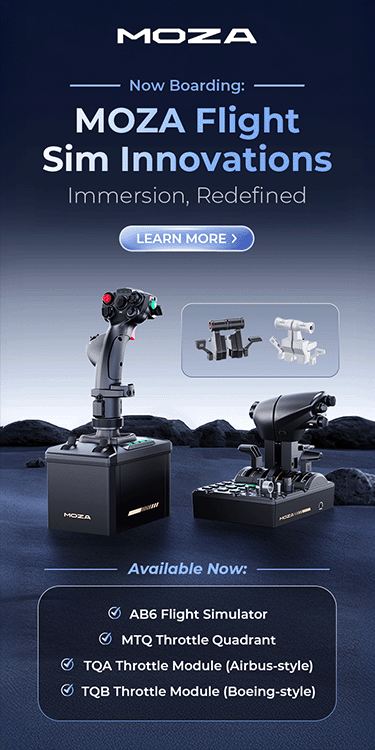
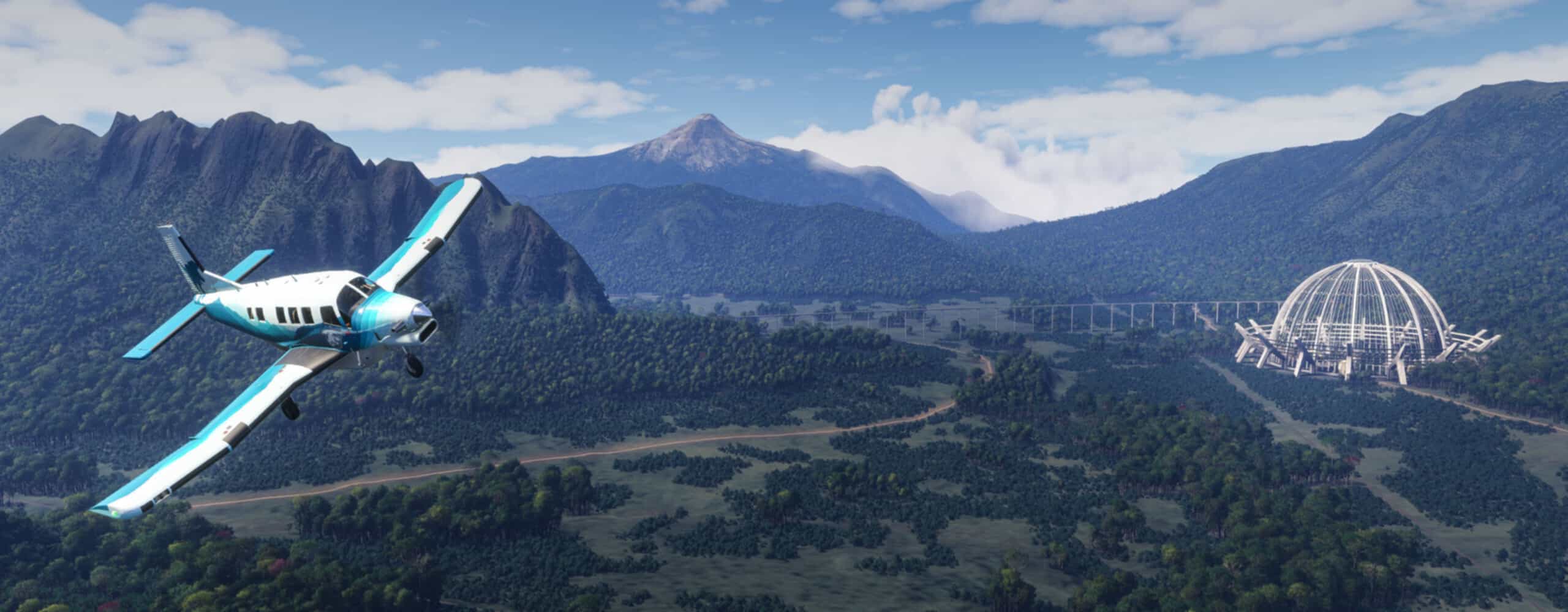

.webp)
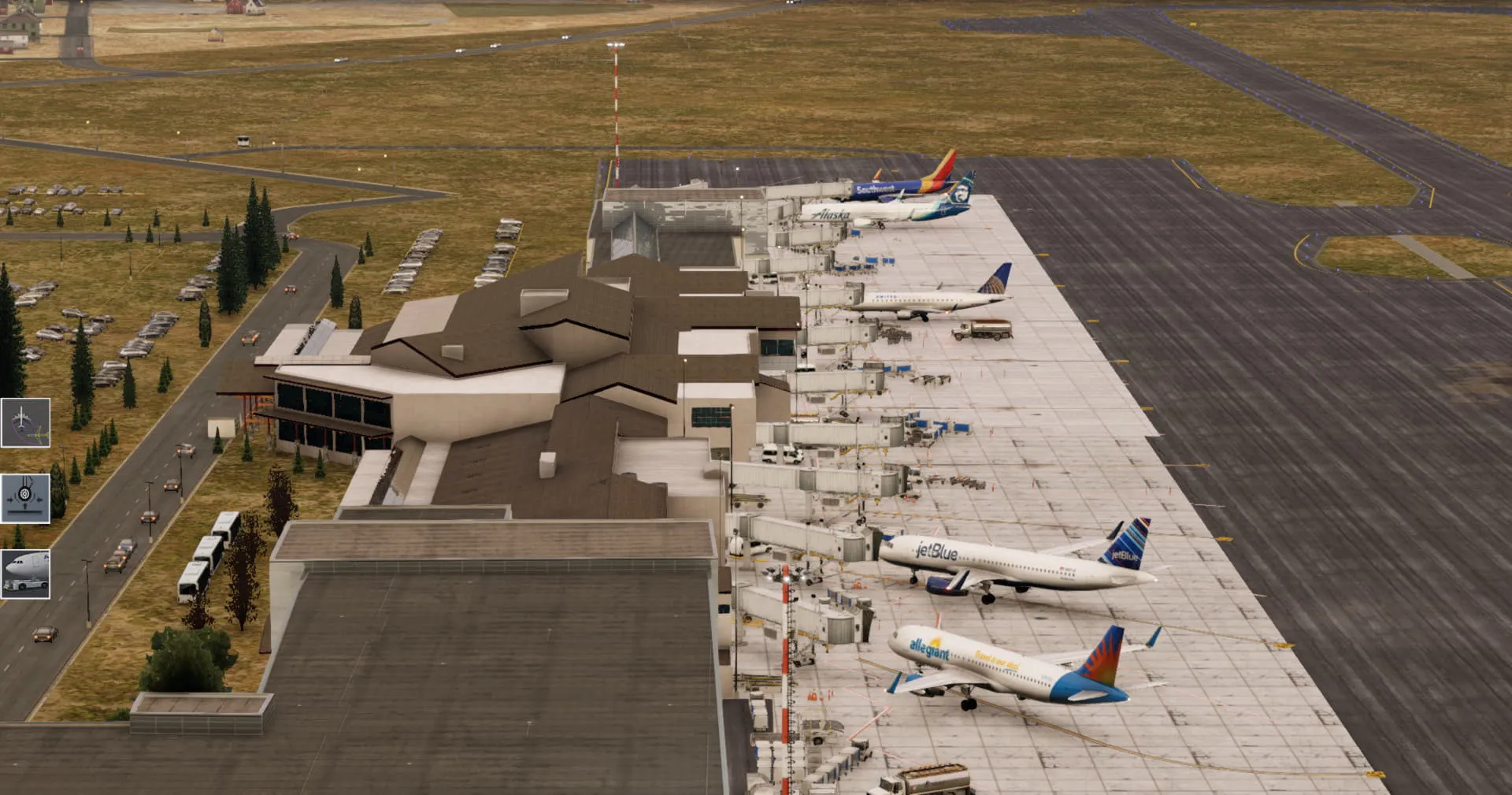
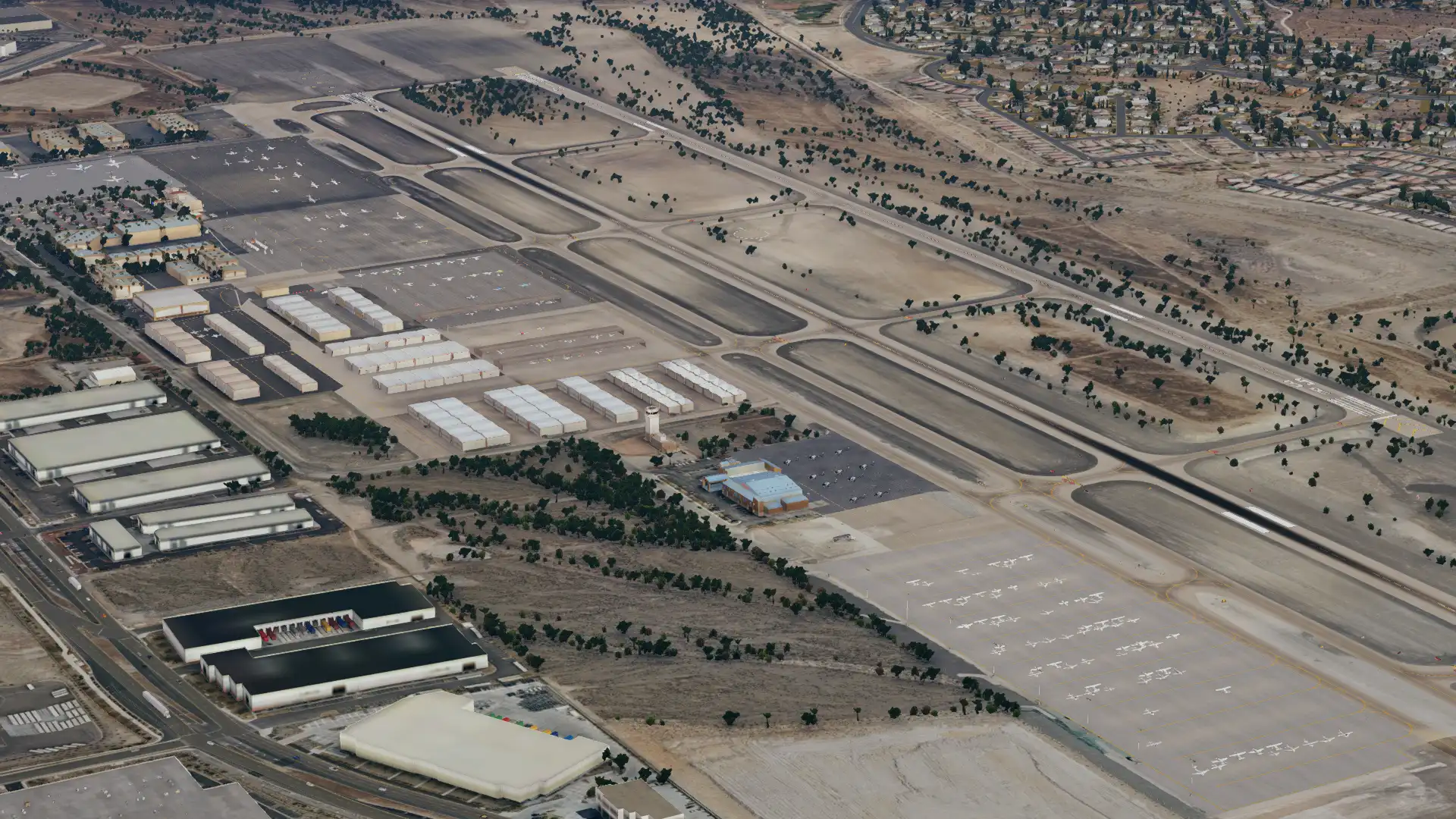
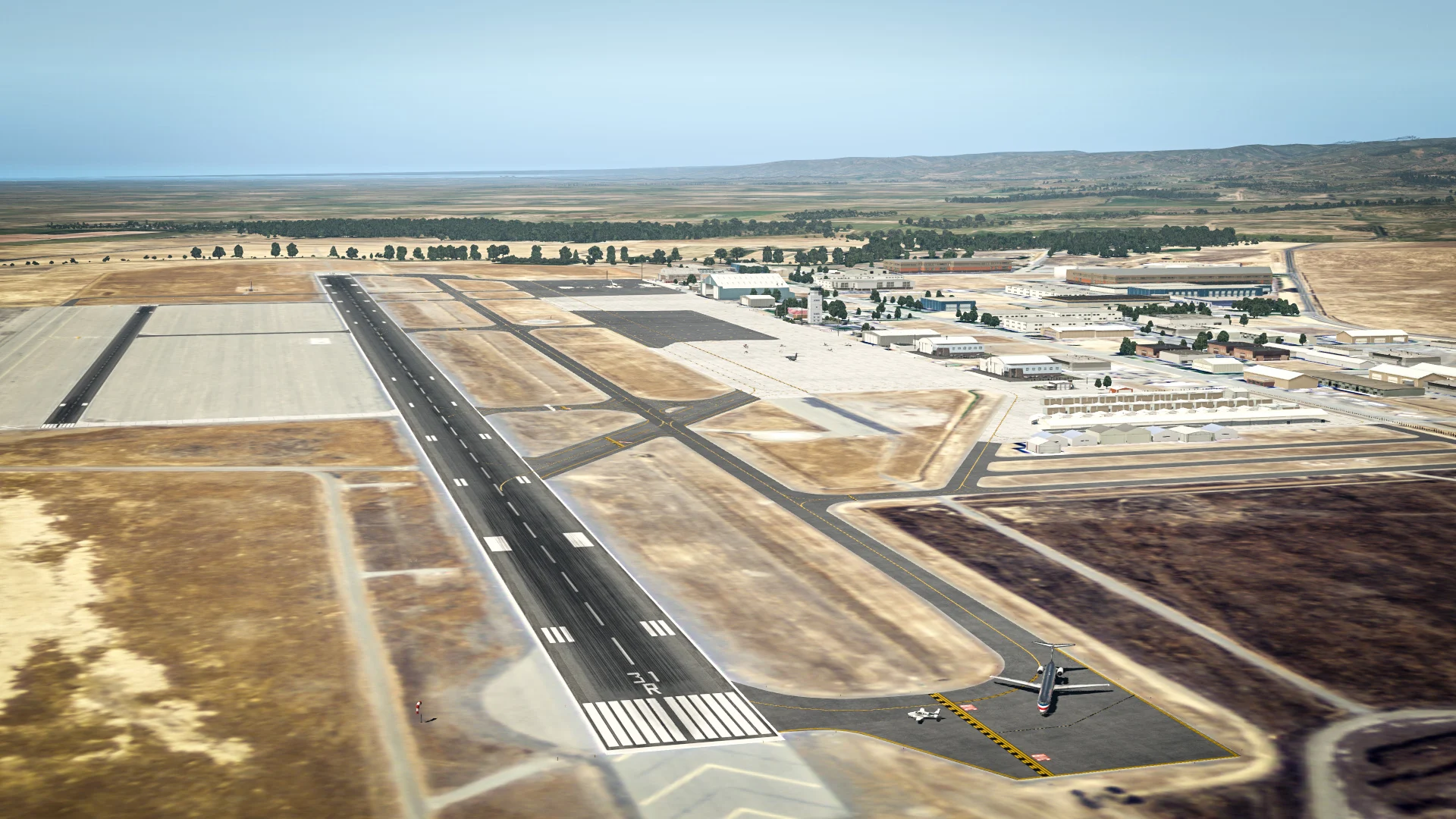


.webp)
